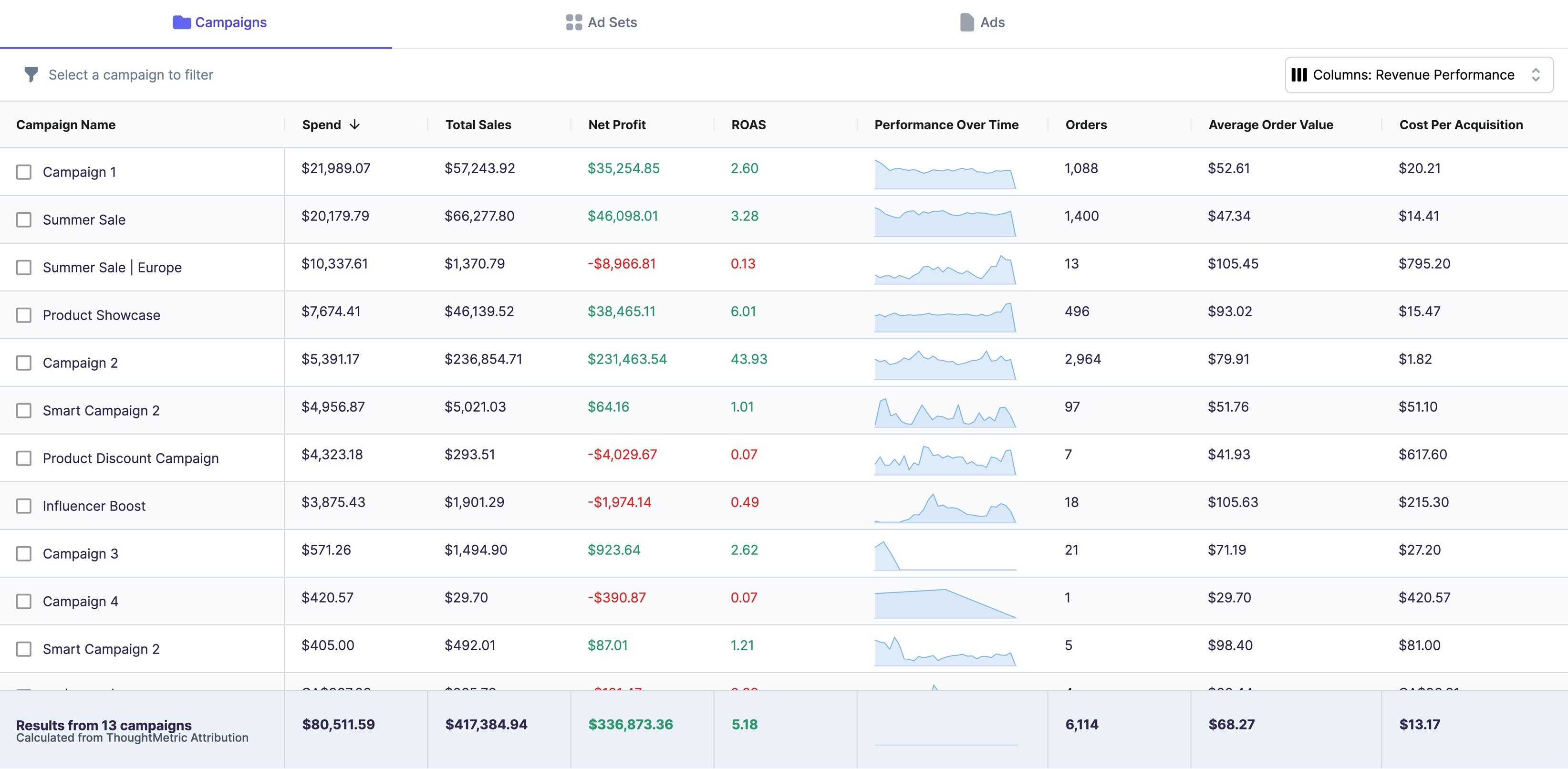As part of its Predictions 2020 forecast on the major trends that will shape the world of Marketing and Advertising, Forrester, the market research firm, highlighted an “existential need for change” for the advertising industry. Tiffany Hsu of The New York Times synthesized the challenge accordingly, “As advertisers bombard consumers across platforms like Facebook, television and billboards, consumers [young affluent ones] are trying, and even paying to get away.” While on the surface, this seems like doom and gloom, there is an opportunity for advertising agencies to get closer to the brands they serve and offer complementary services to increase the reach and effectiveness of their content - not just their ads.
“When there’s blood in the streets, buy land,'' this old adage sought to highlight the inherent opportunity in every challenge. Forrester’s Prediction 2020 goes on to highlight that “there’ll be an expansion of media players,” Podcasts “will generate over $1b in revenue” by the end of 2020 ( a 150% YoY growth), and that more advertising dollars will go to Google, Facebook, Youtube, and other social networks than any other channels . This is merely a reflection of the changes in consumer behaviors. Consumer’s attention is not all of sudden scarce, rather it is migrating to “better” more “engaging” content. And so should advertising dollars. With the rise of improved ad-blocking technologies, Brands and Agencies alike can no longer afford to merely “bombard” their prospects and consumers.
The fundamentals of marketing and advertising have not changed: engage your prospects where you can find them. To quote Antoine de Lavoisier, considered by many the father of modern chemistry, “nothing is lost, nothing is created, everything is transformed.” Consumers expect more - content needs to be relevant and engaging. Forrester puts it this way, “Consumers will remain relentless as they continue to expect convenience, quality, brand ethics, and authentic brand experiences.”
How do agencies remain relevant? One of the greatest ad men of all time, David Oglivy, once wrote, “When I write an advertisement, I don’t want you to tell me you find it ‘creative’. I want you to find it so interesting that you buy the product.” The companies and brands that have been most successful at cutting through the noise over the past 3 to 5 years have focused on brand building. Brands like Casper, Away, and All Birds have built a vibrant viral community around their brand ethos and esthetics. Forrester talks about it as a shift towards building communities, such that “retailers at 2019’s Shoptalk conference discussed new marketing tactics that focus...on building a brand community.” There lies the big opportunity for Advertising agencies: closer, more integrated partnerships with the brands they serve to help them create vibrant communities around their authentic value propositions.
This will likely entail drastic changes to the services and business models of advertising agencies. I’ve always felt as though alignment with ad spend for advertising agencies needed some work. It fosters an inherent bias to encourage the client to spend as much possible as opposed to being as successful as possible. According to the 2019 National Association of Business Economics annual survey of 53 professional economic forecasters, “Recession risks are perceived...to rise rapidly in 2020. Panelists put the odds of a recession [at] 60% by the end of 2020.” The uncertainty around the economic climate will likely translate into a push for efficiency in spend. I believe there's an opportunity for agencies to align their compensation with content’s performance holistically across paid, organic, and earned channels. That will require the agencies to get ever closer to their customers, help them craft authentic experiences around content, but also share in their risks and rewards. The agencies that are able to leverage technology to execute on this will not only survive, but thrive.
Footer





